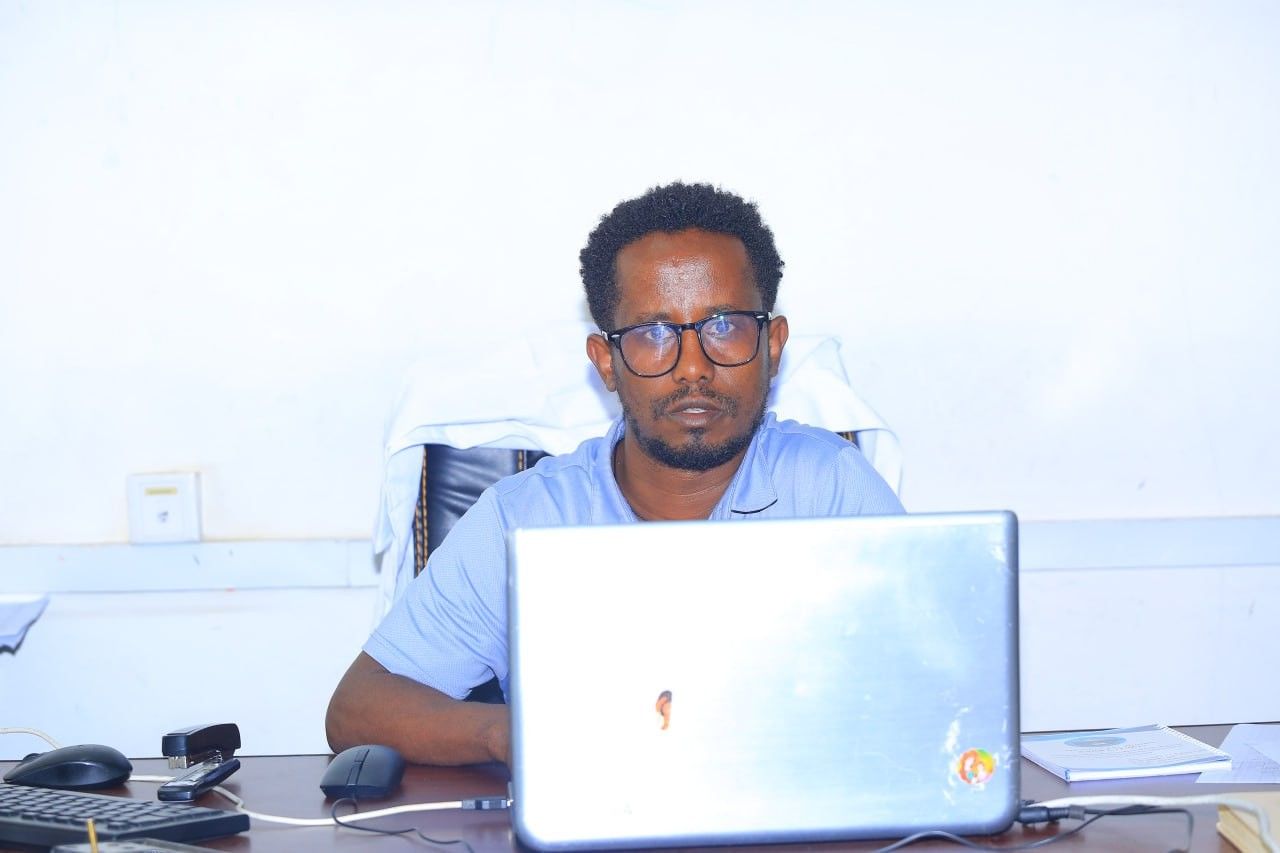
Head of Department of Mathematics
Dr. Yetneberk Kuma Feyissa
Contact Information:
Phone: +251925419741
Email:
Overview of Department of Mathematics
The Department of Mathematics at Wolkite University was established under the College of Natural and Computational Sciences as part of the institution’s broader mission to contribute to national development through quality education, research, and community engagement in the field of science and technology.
The department has been playing a significant role in preparing competent graduates capable of solving complex problems using mathematical principles. It serves as a foundational pillar for various other academic programs across the university, including engineering, natural sciences, computing, economics, and health sciences.
The Bachelor of Science (BSc) in Mathematics program was launched to offer broad training in mathematical theory and application. In line with national development goals and the growing need for specialized professionals, the department also offers a Master of Science (MSc) in Mathematics, with specialization in both pure and applied areas such as differential equations, algebra, functional analysis, numerical analysis, combinatorics, and optimization.
Academic Programs
Undergraduate Program – BSc in Mathematics
The BSc in Mathematics program is designed to:
Ø Provide a solid foundation in core areas such as calculus, linear algebra, real analysis, abstract algebra, number theory, differential equations, and statistics.
Ø Equip students with problem-solving, analytical reasoning, and programming skills.
Ø Prepare graduates for careers in teaching, finance, data analysis, software development, and further studies.
Key Features:
Ø Community-based education and engagement.
Ø Practical application of mathematical modeling and computing.
Ø Senior research project required for graduation.
Postgraduate Program – MSc in Mathematics
The MSc program offers advanced specialization in:
Ø Differential Equations
Ø Algebra (Group theory, ring theory, field theory)
Ø Functional Analysis
Ø Numerical Analysis
Ø Combinatorics and Graph Theory
Ø Optimization and Operations Research
Program Goals:
Ø Develop independent researchers and university instructors.
Ø Equip graduates with deep theoretical knowledge and applied skills to solve real-world problems.
Ø Strengthen the research capacity of the university in mathematical sciences.
Requirements:
Ø Advanced coursework and seminars.
Ø Completion of a research thesis with original contributions.
Objectives/Goals
- Produce Competent Mathematics Graduates: Train students in mathematical reasoning, modeling, and computational skills that prepare them for professional and academic careers.
- Promote Mathematical Research and Innovation: Encourage research in pure and applied mathematics, and its interdisciplinary applications in science, technology, and engineering.
- Support Quality Education in All Disciplines: Deliver high-quality mathematical instruction to students from diverse academic programs across the university.
- Strengthen National Education Through Teacher Preparation: Equip graduates with pedagogical skills for teaching mathematics at secondary and higher education levels.
- Encourage Logical Thinking and Problem Solving: Foster abstract thinking and analytical reasoning among students to enhance their ability to solve real-world problems.
- Contribute to Community and National Development: Engage in outreach and community-based programs that promote mathematics education and numeracy.
Duties and Responsibilities
Academic Instruction
ü Deliver undergraduate mathematics courses in areas such as calculus, algebra, real analysis, complex analysis, linear algebra, differential equations, topology, statistics, and mathematical modeling.
ü Provide foundational mathematics and quantitative methods courses to students from engineering, computer science, economics, agriculture, and other departments.
ü Supervise undergraduate student research projects and guide final-year theses.
Research and Scholarly Activities
ü Conduct and publish research in areas of pure and applied mathematics, including optimization, mathematical modeling, numerical analysis, and mathematical physics.
ü Participate in interdisciplinary research projects and contribute mathematical expertise to collaborative scientific work.
Curriculum Development and Quality Enhancement
ü Continuously revise and update the curriculum to align with national standards and international best practices.
ü Incorporate computational tools and modern teaching strategies to enhance student learning outcomes.
Support to Other Academic Units
ü Offer tailored mathematics and statistics courses for non-mathematics majors.
ü Assist other departments in quantitative research, data analysis, and mathematical modeling.
Community Engagement and Outreach
ü Organize workshops, math competitions, and awareness campaigns in local schools and communities to promote mathematics education.
ü Provide training and support to schoolteachers and regional education offices on math instruction and curriculum improvement.
Capacity Building and Professional Development
ü Facilitate continuous professional development for staff through research collaboration, conference participation, and postgraduate study.
ü Mentor junior staff and contribute to departmental academic leadership.
Resource Management
ü Maintain and develop teaching resources such as textbooks, digital tools, and computer labs to support effective teaching and learning.
ü Promote ethical and effective use of technology in mathematics education.
